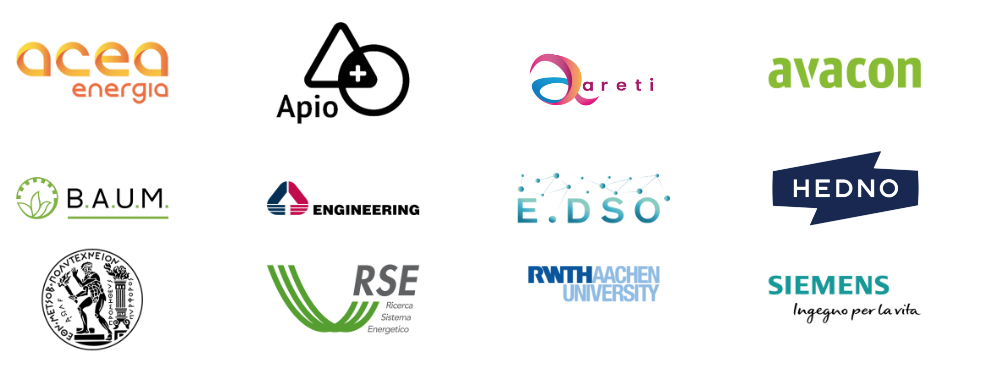Notice
We and selected third parties use cookies or similar technologies for technical purposes and, with your consent, for experience and measurement.
You can freely give, deny, or withdraw your consent at any time by accessing the preferences panel. Denying consent may make related features unavailable.
Use the “Accept” button to consent. Use the “Reject” button to continue without accepting.
